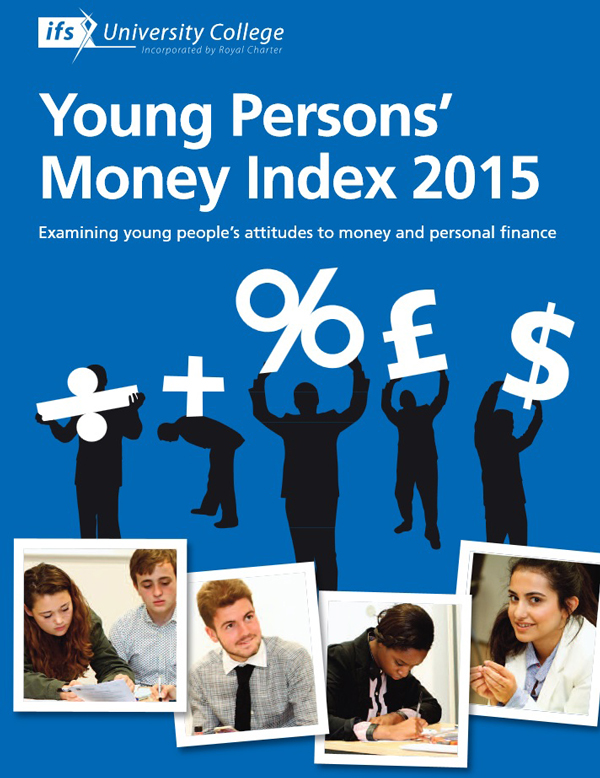Girls are receiving significantly less financial education than boys, a report today reveals.
Only 36 per cent of girls currently study personal finance in comparison to 45 per cent of boys the same age, despite the topic being compulsory at GCSE level.
The figures revealed by the Young Persons’ Money Index, published by financial education specialist ifs University College, also show the delivery of financial education is substantially different.
On average, girls receive 1.98 hours a week, compared to the 2.36 hours boys receive.
Over the course of a standard 39-week school year, this equates to an extra 14.82 hours, or more than two extra school days dedicated solely to learning about personal finance.
Financial expert and vice principal of ifs University College, Alison Pask (pictured), believes the reason for the gender contrast is because subjects such as business and economics, which incorporate forms of financial education, are “more popular with boys than girls”.

Since last September, financial education was embedded into the new maths citizenship curriculum.
Lessons in budgeting and public spending are supposed to be taught in citizenship during key stages 3 and 4 while financial equations are to be taught in key stage 3 maths.
Ms Pask said: “You look at what should be being delivered in citizenship and there is no personal finance there. There is one reference to the broader economy as opposed to an independent individual’s personal finance.
“For maths, there is so much in the new curriculum that teachers struggle to incorporate personal finance.
“Girls are, however, not being excluded from the curriculum learning. It is more so that they do not choose to study financial education subjects. That is an area the country needs to address.”
Ms Pask also highlights that even though financial education is “compulsory in the curriculum” it is only relevant to local authority maintained schools and not academies, which make up more than 50 per cent of secondary schools in England.
She said: “Women are already far more likely to suffer from financial exclusion in adulthood and while the introduction of financial education into the curriculum is a step in the right direction to tackle these problems, these figures clearly show that much more needs to be done to ensure it is delivered to a consistently high standard for every student.”
For female students aged 16 and above, who are either heading onto higher education or the workplace, nearly three quarters (74 per cent) receive no formal financial education whatsoever.
Ms Pask added: “With female students making up the majority of university entrants each year it is the height of irresponsibility that so many are being sent off into the next stage of their education with next to no practical financial education; a stage of education where life-changing financial decisions about taking on debt and managing the costs of living need to be made.”
The report also highlights that more than half of students surveyed feel they already have enough knowledge to manage their own money.
Other key findings show 25 per cent have received fraudulent emails or texts, leaving them vulnerable to the effects of financial crime. Teenagers are also more likely to gamble than plan a budget.
“Financial fraud is on the up, particularly with the use of technology used to manage our finances,” Ms Pask said.
“On many occasions I have spoken to post-16 students who use payday loans as a way of funding a night out. That is incredibly worrying. The implications of not getting a financial education is therefore huge.”
The online survey of more than 2,000 people aged 15 to 18 in full-time education was carried out by research agency ICM earlier this year.







Laughable
What’s laughable? Girls not getting sufficient financial education or all students leaving school without a good understanding of how to manage their personal finances?